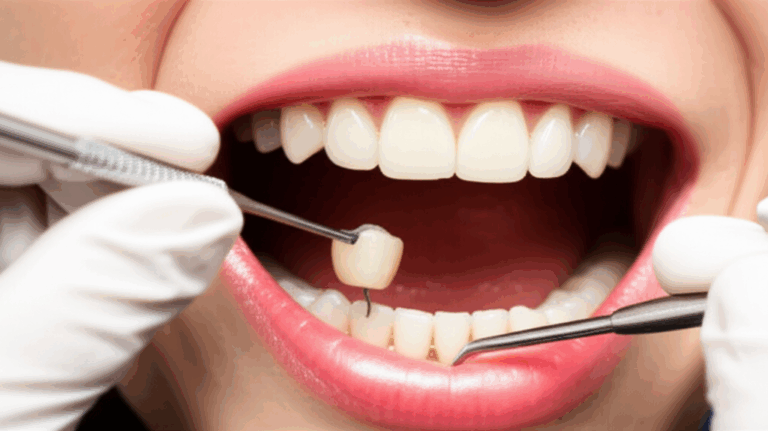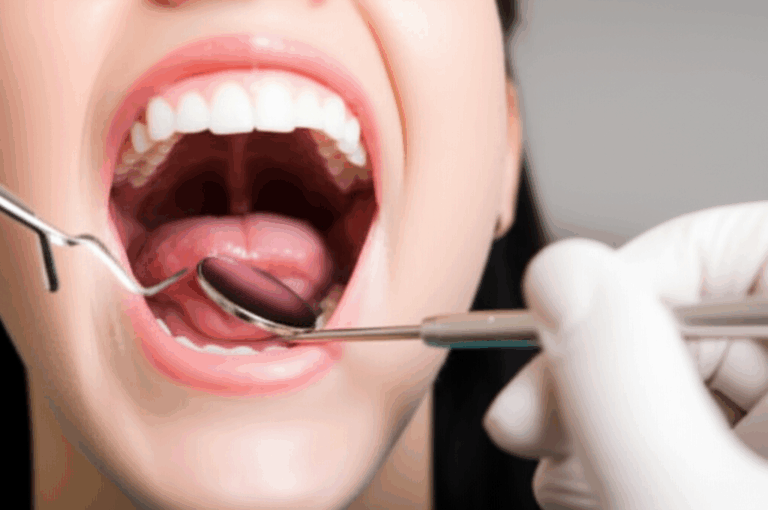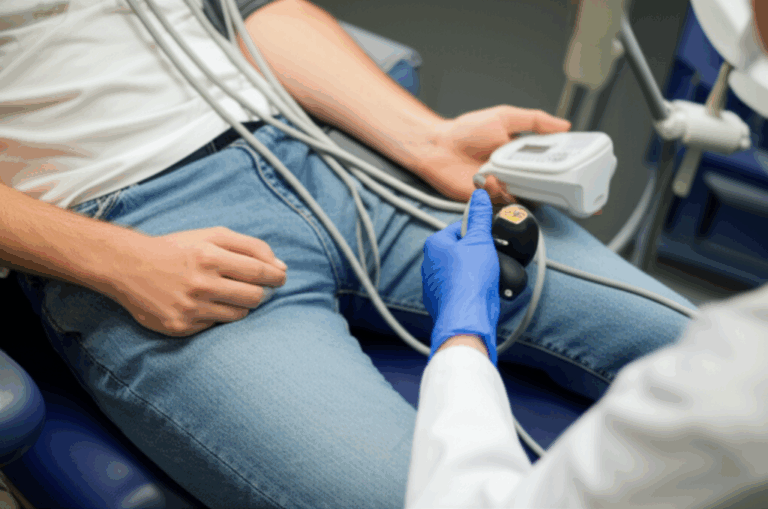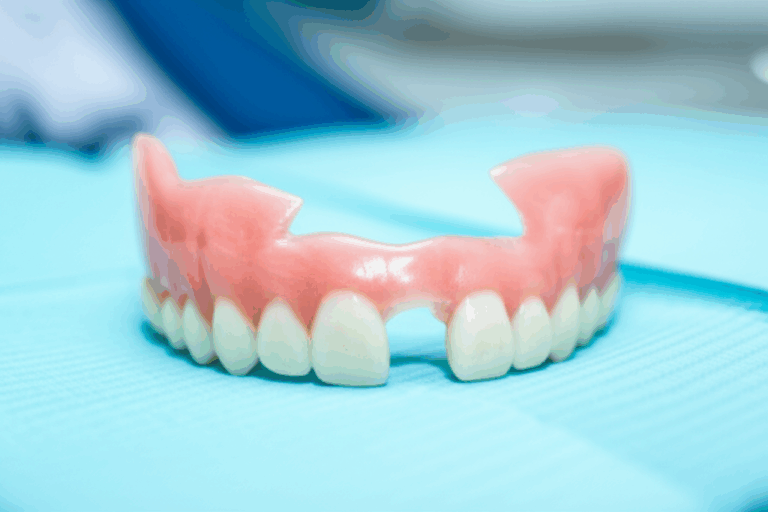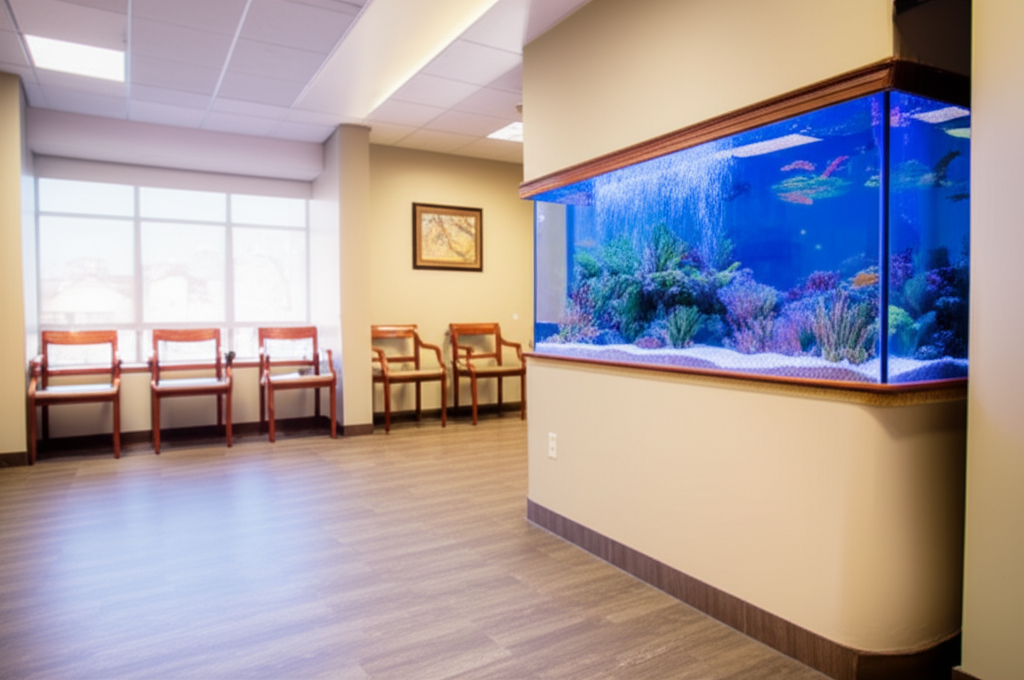
Why Do Dentist Offices Have Fish Tanks? The Surprising Science of Serenity & Patient Comfort
That nervous feeling in your stomach as you wait at the dentist—it happens to almost everyone. Maybe your heart is beating fast, your muscles are tight, and you look around for something to take your mind off things. Then you notice a big, bright fish tank. Bubbles rise up as colorful fish swim by. Suddenly, you feel a little more relaxed.
Have you ever wondered why so many dentist offices have fish tanks? Is there more to it than just decoration? You’re right to be curious! There’s real science and thought behind those aquariums. Dentists use them to help people feel better before their appointment.
Let’s look at what’s really going on with these tanks—so you can walk into your dental visit knowing a bit more and maybe feeling less worried.
In This Article
- Why Do Dentist Offices Have Fish Tanks? The Real Reasons
- How Fish Tanks Fight Dental Anxiety and Stress
- Biophilia: Why Nature (and Aquariums) Matter in Healthcare
- Patient Experience: Fish Tanks as a Tool for All Ages
- Design, Atmosphere & Practical Issues
- Are Fish Tanks Worth It? What the Science Says
- FAQs: All Your Fish Tank Questions Answered
- Key Takeaways: Tips for a Stress-Free Dental Visit
Why Do Dentist Offices Have Fish Tanks? The Real Reasons
Let’s answer the question:
Why do lots of dental offices put fish tanks in the waiting room? Why not just a nice picture or soft music?
It’s all about you—the patient. Dentists know that many people are scared or nervous about going to the dentist. Research says about 36% of grown-ups have dental anxiety, and one in eight really fear it. For children, the numbers are even bigger. So if you’ve ever been anxious before a checkup, you are not alone.
So, if your goal is to make a waiting room feel good for people, you want something that’s not just pretty, but that really helps folks feel better. That’s where fish tanks come in.
Fish tanks don’t just fill a space. They help calm people down, distract worried minds, and even cause real changes in your body.
Let’s break it down.
How Fish Tanks Fight Dental Anxiety and Stress
Relaxing for Your Eyes and Mind
A fish tank is more than just furniture. It’s like a living painting—something that grabs your attention and soothes your feelings.
- Visual Distraction: Watching fish swim is almost magical. Experts say it’s “hypnotic.” Instead of thinking about drills or shots, you focus on the slow movement and bright colors.
- Gentle Sounds: The quiet bubbling can calm you down, kind of like a lullaby. It also helps hide the louder, scarier sounds of dental tools in the background.
- Soft Lights: The tank light is warm and comfortable—not like bright, harsh room lights—making the place feel more welcoming.
The Science: What Happens To Your Body
It’s not all in your head. Studies support the perks of fish tanks in medical places:
- Lower Blood Pressure and Heart Rate: A big study from the University of Plymouth found people’s heart rates dropped by 3% and blood pressure went down 5% when looking at fish tanks. The more fish, the bigger the change.
- More Relaxed: People who watched fish for a while felt 11% more relaxed and said their anxiety and tightness faded.
- Less Pain Felt: Some research says calming things like fish tanks help people feel less pain, simply because their mind is busy with something else.
Why does this happen?
Good sights and sounds from nature make your body release calming chemicals. This lowers your “fight-or-flight” feeling—that worry you get before a dental filling.
Biophilia: Why Nature (and Aquariums) Matter in Healthcare
Think about how you feel after a walk outside or sitting by a lake.
That’s thanks to biophilia—a fancy name for our need to be near nature.
What Is Biophilia?
Biologist E.O. Wilson invented the word “biophilia.” It means that people feel better when they’re around living things—plants, animals, or running water. Our brains grew up outdoors, so even today we are made to feel peace near nature, even if it’s inside.
Aquariums: Bringing Nature Indoors
Most dentist offices can’t have a garden or waterfall in the waiting area. But a nice, lively fish tank acts like a tiny nature corner:
- Movement and Life: Fish swim, plants move, bubbles float up—it keeps your senses busy.
- Natural Colors: Bright fish (like blue and gold) are nice to look at, and brighten up the boring whites and grays of clinic walls.
- Helping You Heal: Research in hospitals shows that natural things lower stress and anxiety, and help people feel better, even after surgery.
For more details on how dentists use nature in design, digital dental labs sometimes explain how adding nature helps patients feel good.
Patient Experience: Fish Tanks as a Tool for All Ages
For Nervous Grown-Ups—Not Just for Kids
You might guess fish tanks are only for little kids, but adults get just as much good from them:
- Less Time to Overthink: Watching fish makes you zone out a little, so you can’t worry as much about the dentist.
- Doesn’t Feel Like a Hospital: A fish tank adds color and fun where it can sometimes look cold and plain.
- Shows You Care: When offices spend money to make people comfortable, it tells you, “We care about you, not just your teeth.”
For Kids—Turning Fear Into Interest
The dentist can scare children, but fish tanks have special powers here:
- Makes Kids Curious: Children love moving things and bright colors, and fish tanks have both.
- Fewer Tantrums or Wiggling: Sitting and watching fish calms many children down while they wait their turn.
- Conversation Starter: Staff can ask kids about their favorite fish, making them feel safe before even starting.
Pediatric dental clinics say that tanks are one of the best non-medicine calming tricks for young patients.
Design, Atmosphere & Practical Issues
Fish Tanks: The Look and Feel
Fish tanks aren’t just about feelings—they change how a place looks and works too.
- Instantly Better-Looking: Even a small tank adds movement and bright colors.
- Breaks Up Boredom: Most waiting rooms are pretty dull. A fish tank gives you something to look at—and to talk about.
- Feels More Welcoming: A room that looks thought-out makes patients want to return and tell their friends.
Some dental clinics ask a china dental lab for tips on adding nature touches, like aquariums, that make a big difference for patients.
But Is There a Downside?
People sometimes worry: Isn’t a fish tank a lot of work?
It does need care—cleaning, feeding, making sure water is right. Most dental offices pay an expert to take care of it. This keeps the tank looking nice and the fish healthy, which is important for the fish and the office image.
Bottom line: When cared for, a fish tank makes patients happier and helps the office stand out.
Are Fish Tanks Worth It? What the Science Says
So what does all the research say?
Key Facts From Research
| Source/Study | What They Found | Why It Matters |
|---|---|---|
| University of Plymouth (2015) | Watching tanks dropped heart rate by 3%, blood pressure by 5%, and people felt 11% more relaxed | Calm patients make visits easier for everyone |
| Dr. Alan Beck & Aaron Katcher | Looking at live animals lowers stress more than just pictures | Real fish help more than painted ones |
| Healthcare Building Research | Nature in the office means less worry and pain, and higher patient scores | Aquariums help people feel better about their care |
| Surveys on Dental Anxiety | 36% of adults & 40%+ of kids are scared of the dentist | Fish tanks are a simple, medicine-free way to help most people |
| Studies With Kids | Sights and sounds—like aquariums—make children less scared and hurt less | Fish tanks help children have a smoother visit |
So, fish tanks are not just decoration. They really do help people feel better, backed up by research.
FAQs: All Your Fish Tank Questions Answered
Q: Are fish tanks clean? Isn’t that bad in a dentist office?
A: Dental offices usually get professionals to look after the tanks, so they stay clean, don’t smell, and the fish are healthy. A well cared for tank shows the office pays attention to cleanliness.
Q: What if I’m allergic to fish or fish tank smells?
A: Fish tanks are closed systems and don’t spread dander like cats or dogs. If you’re sensitive, sit somewhere else in the waiting room, or let the staff know.
Q: Are fish tanks just for kids?
A: No! Adults enjoy them, too. Studies show grown-ups also calm down when looking at fish, sometimes even more than children.
Q: Why not just play music or hang art?
A: Those things help too, but real, live fish are different. Moving animals and gentle bubbling help relax people in ways music or pictures can’t.
Q: Do all dental offices need a fish tank?
A: Not every dentist needs one, but aquariums are a strong way to help nerves. Other things like plants, cozy chairs, and friendly staff also work.
Q: Can I get a little aquarium at home for calm?
A: Yes! Many folks find their home fish tanks soothing. Just remember, fish need care and cleaning to be happy and healthy.
For more tips on feeling better at the dentist or learning about dental restorations, you can check out info from a crown and bridge lab.
Key Takeaways: Tips for a Stress-Free Dental Visit
Here are some simple takeaways you can use—whether your dentist has a fish tank or not.
- You’re Not Alone: Lots of people feel nervous before the dentist.
- The Environment Helps: Things like fish tanks and comfy décor aren’t just for looks. They really do make you feel less stressed.
- Science Agrees: Watching fish really can lower your heartbeat, make you relax, and bring down your worries.
- Ask For Comfort Measures: If you’re nervous, ask about what comforts your dental office has. Things like soft music, talking about your worries, or even a warm blanket can help.
- Keep Visiting: The less scared you are, the more likely you’ll keep up with checkups. That keeps your mouth healthy and saves you from big dental problems later.
Final Words: The Fish Tank as a Quiet Helper in Your Dental Care
Next time you wait at the dentist and see a peaceful fish tank bubbling away, remember this:
It isn’t just there to look pretty. It’s there for your peace of mind—a calm helper designed to make you feel better before your appointment starts.
If you ever have questions or worries, speak up with your dental team. They care about you as a whole person, not just your mouth. Every detail, even that fish tank, is about helping you feel safe, welcomed, and confident to look after your teeth.
Want to learn more or make your dental visits better? You can always talk to your local dentist or look into more patient tips online. A healthy smile starts with a calm, happy mind—just like those swimming fish.

